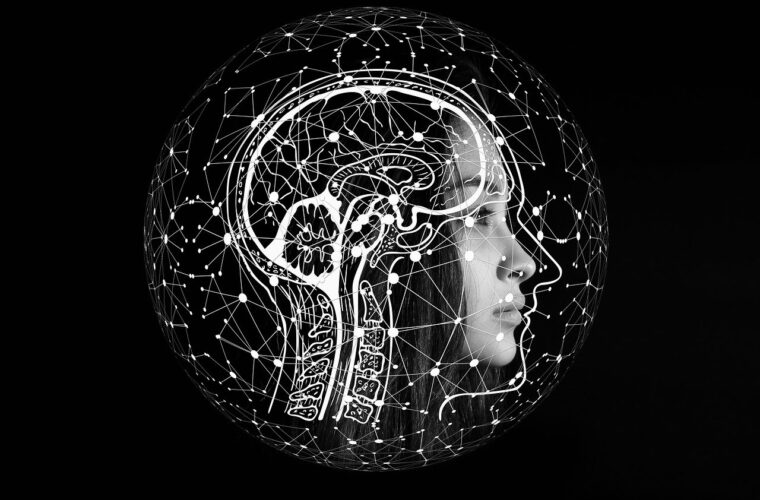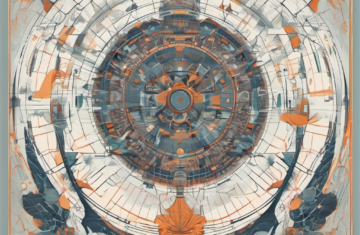In a world filled with information, the new illiterate is someone who “cannot learn, unlearn, and relearn” as Alvin Toffler famously said. The first step is internal willingness to unlearn.
As you thrive to unlearn, you can do a deep reflection on which source of information constitutes the majority of conclusions you hold. Then one simple question remains standard to check your knowledge: “How do I know?” Break your psychological barriers and ask yourself this question, especially when it comes to beliefs you hold dear. You can start with basic questions like “How do I know that these people really are my parents?” “How do I know that MIT is the best technical school in the world”? “How do I know that Einstein said that darkness is the absence of light?” “How did I come to believe in the supernatural?” You can move to even other questions like “How do I know that I should get married?” “How do I know that Time Travel is possible?”
There are simply many questions you can start with in order to unlearn. You may obviously wonder if you are able to check your entire knowledge package like that. This seems very inefficient because by the time you finish checking your own knowledge, more knowledge will be out there and you will never be able to keep up. Therefore, you do not need to do all of this in one sitting. You can do this on a case by case basis.
For instance, if you are having a conversation and you want to contribute, “How do I know” should be invited. The best way is to run this query in your cognitive command-line interface, seconds before you speak. You can validate the effectiveness of this by always including “Because” in your statements. For instance, if you have always found snakes terrifying, include a “Because” to justify your point. This will open an avenue for you to consider the likelihood for a snake (not) to bite you, why it bites and whether it is even rational to be afraid of snakes. If deep down you are not convinced by the clarity of the reasons you are laying out, that is a very clear sign that you need to double check that belief through research.
When assessing this, you should draw a line between not having the “Because” or having a weaker one, and forgetting. If you forgot constituents of your “Because” and remain sure that you learnt them, you may simply take a moment and try to remember instead of doing a quick search. Doing a quick Google search will only worsen your digital amnesia.
If you absolutely have no Because, invite your audience to share why they know on the topic, and do not limit yourself to their conclusions. Invite them to lay down their Because with clarity. This will help you filter out irrational beliefs and give you a basis for further research when the discussion is over. Moreover, you will strengthen your deductive skills as you will be able to build and arrive at knowledge validated by the scientific method before actually reading about it. This is a lifetime exercise and appreciate errors instead of being shot down by them.
Unlearning is very urgent because scientific knowledge evolves. Research comes in every day and invalidates other research. Just because something is written in a book or as an academic paper doesn’t mean it transcends time. This unfortunate roadblock calls for an inefficient process of spending time trying to validate a piece of knowledge, which is time that should have been allocated learning other things. The good news is on our website, the research papers summaries are up-to-date, well designed for this task as we tell you on click whether a certain knowledge, usually in form of a statement or argument, is up-to-date and refuted which other piece of knowledge which you could have been holding until then.
There is nothing worse than innocently and confidently believing in something that is simply no longer true. This affects decision-making and hinders personal epistemic audit as you try to understand why something, a decision for instance, didn’t work out while you are confident that you had scientific backing. This, therefore, calls for cognitive agility, which is different from cognitive volatility.
Click here to create an account now.




Thank you for this piece of writing. Not only does it tell the truth, it is also well articulated.
Thank you Brothe!!